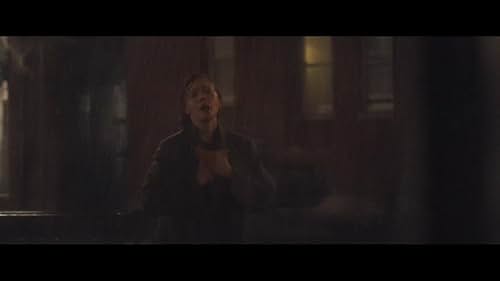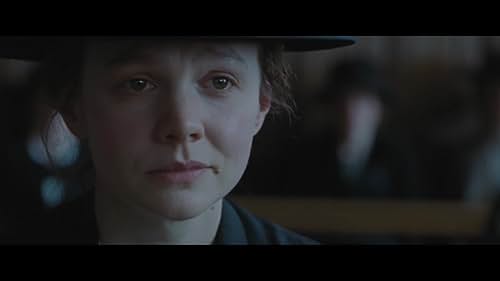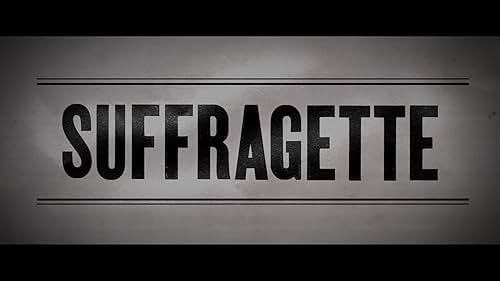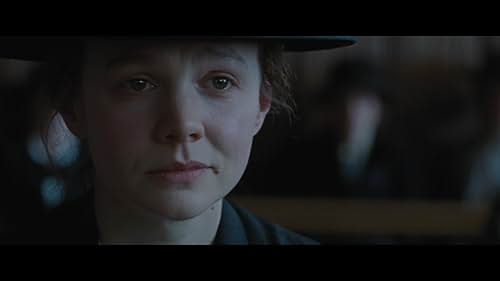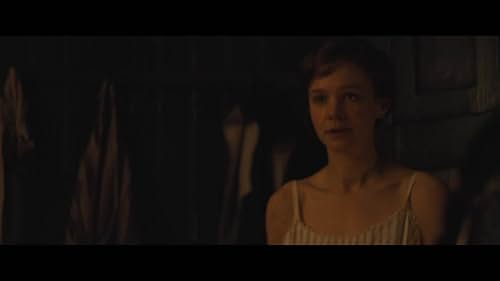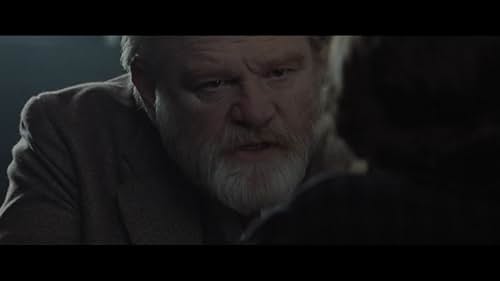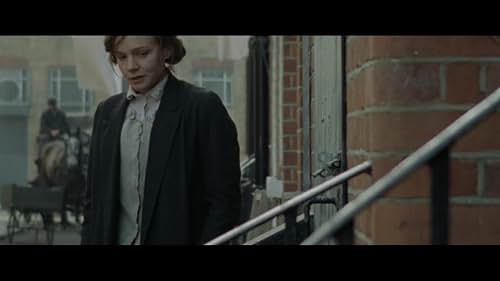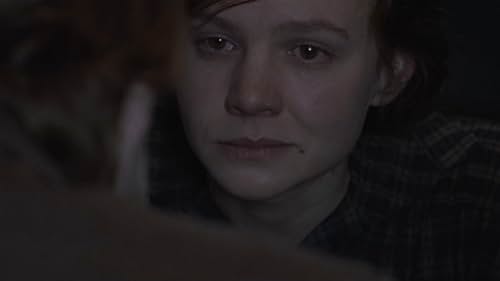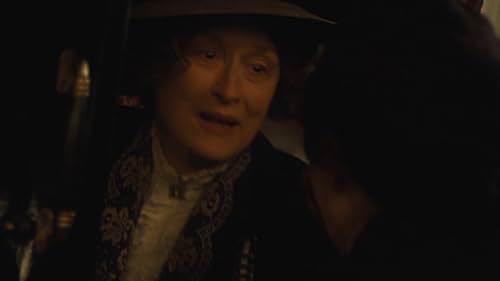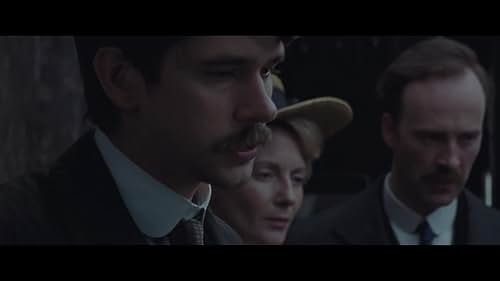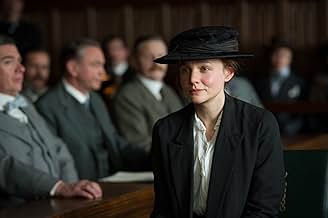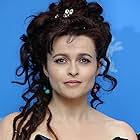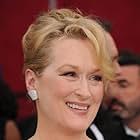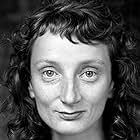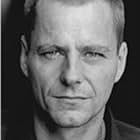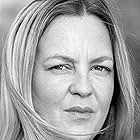This story of how in 1912 and 1913 British women fought for the right to vote is immensely worthy, technically accomplished and well-acted but, as cinema, it somehow fails to engage. At the conclusion of the movie, we are reminded that it was not until 1928 that full women's suffrage was achieved in the UK and even today women in a country like Saudi Arabia do not have the vote. The very act of creating this film is a contemporary testimony to female equality since, as well as all the lead acting roles, women fill the positions of writer (Abi Morgan) and director (Sarah Gavron) as well as producers (six out of the nine). The female domination of "Suffragette" serves to underline how few films ate directed and written by women and how underpaid female actors are compared to their male counterparts. The struggle for equality is not over.
Although the leadership of the suffragette movement came from middle-class women, Morgan has chosen to tell the story through the eyes of a working class laundry worker Maud Watts, wonderfully portrayed by Carey Mulligan - whom I have admired since her performance in "An Education" (2009) - who is brought into the movement by fellow worker Violet (Anne-Marie Duff). Other suffragettes are played by Helena Bonham- Carter (actually a descendant of a Prime Minister who opposed votes for women), Romola Garai (whose career does not seem to have taken off as much as she deserves), and - in an all too tiny cameo - Meryle Streep as Emmeline Pankhurst.

